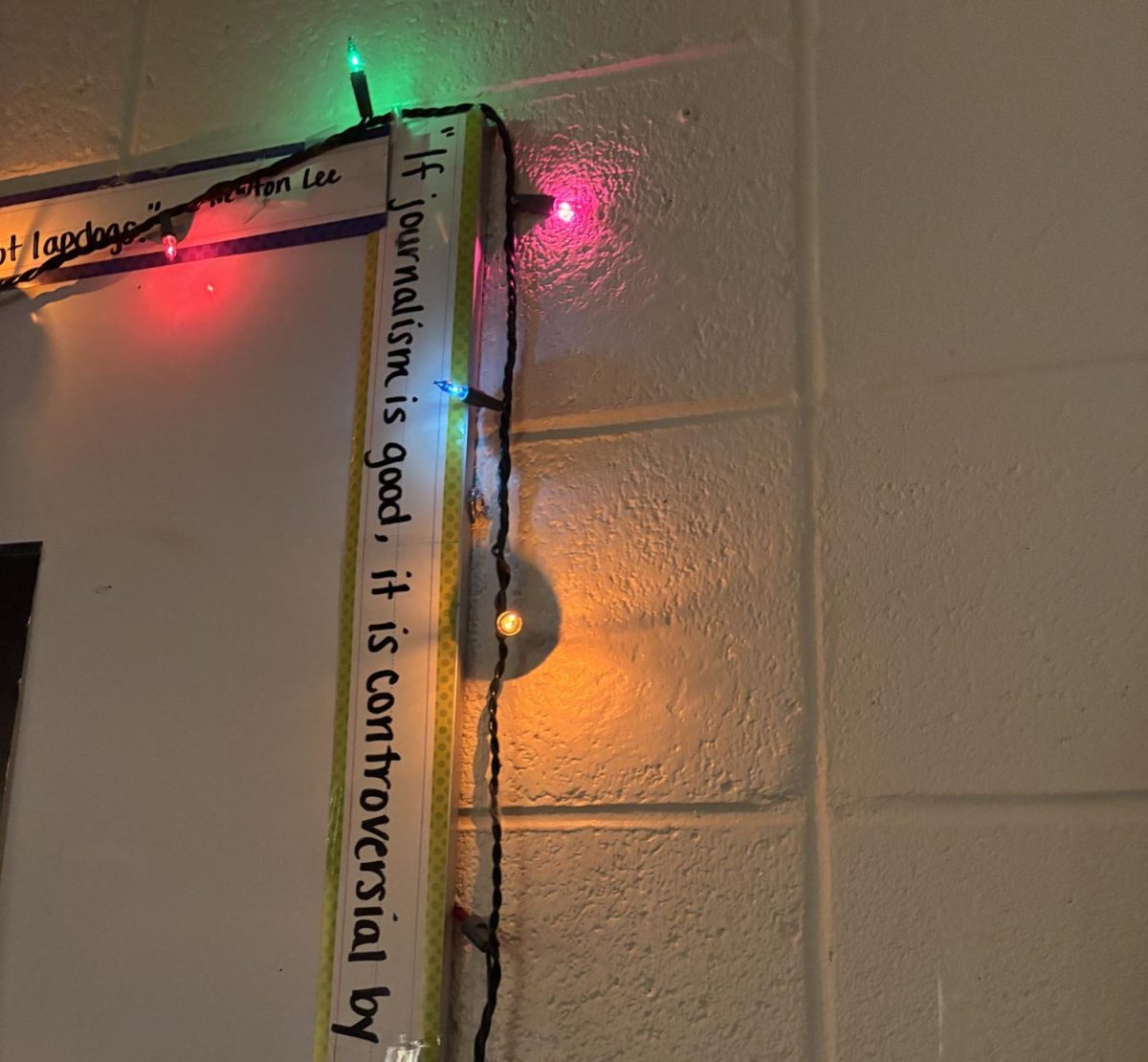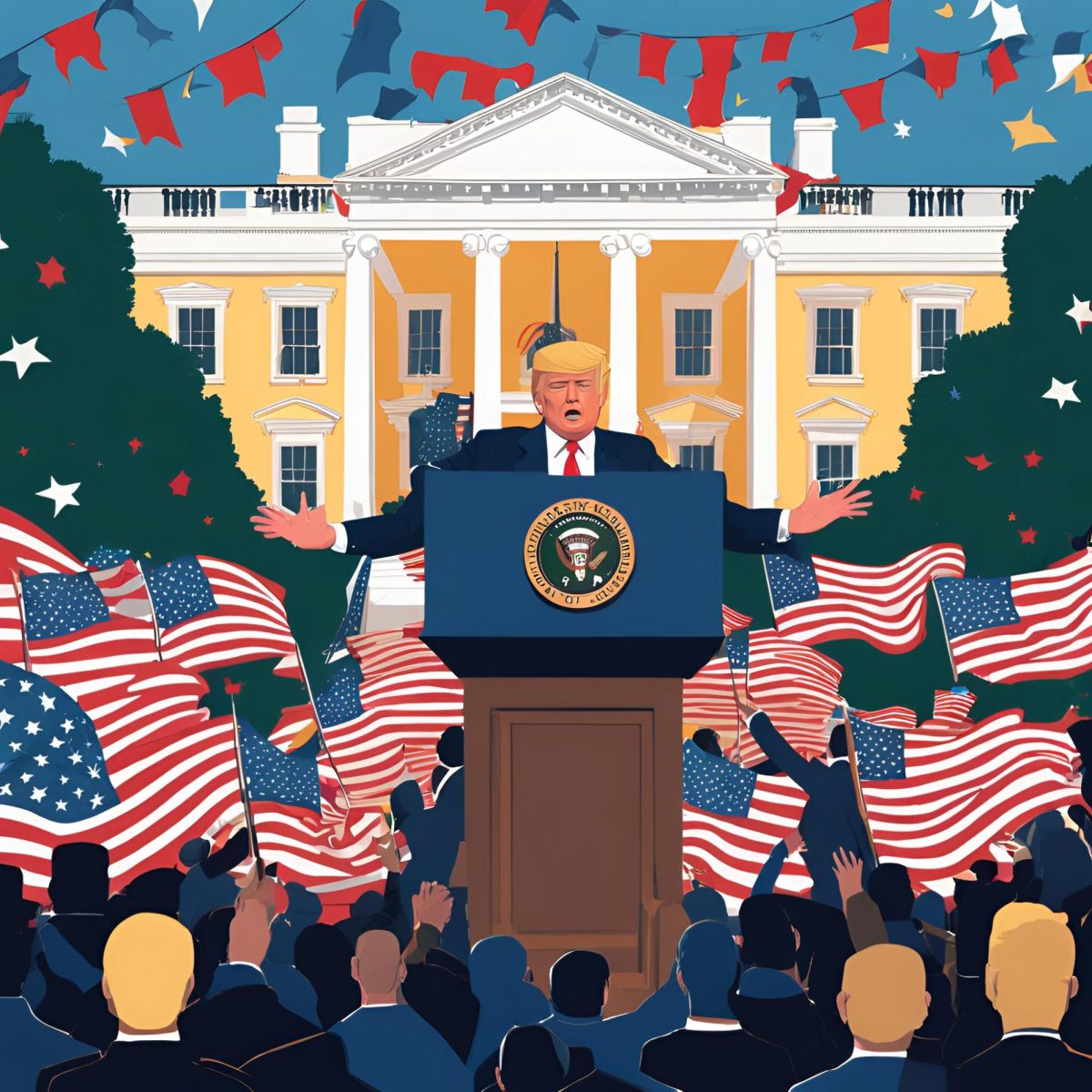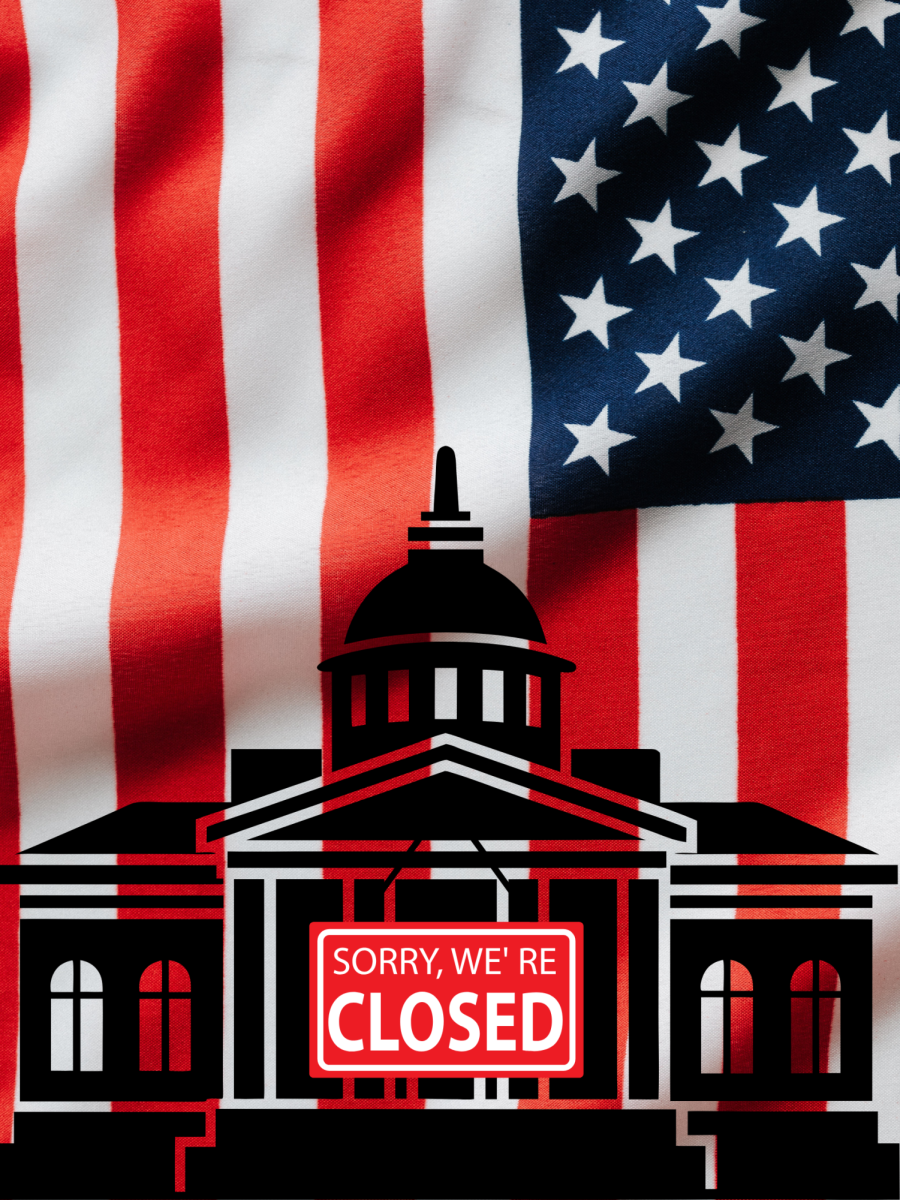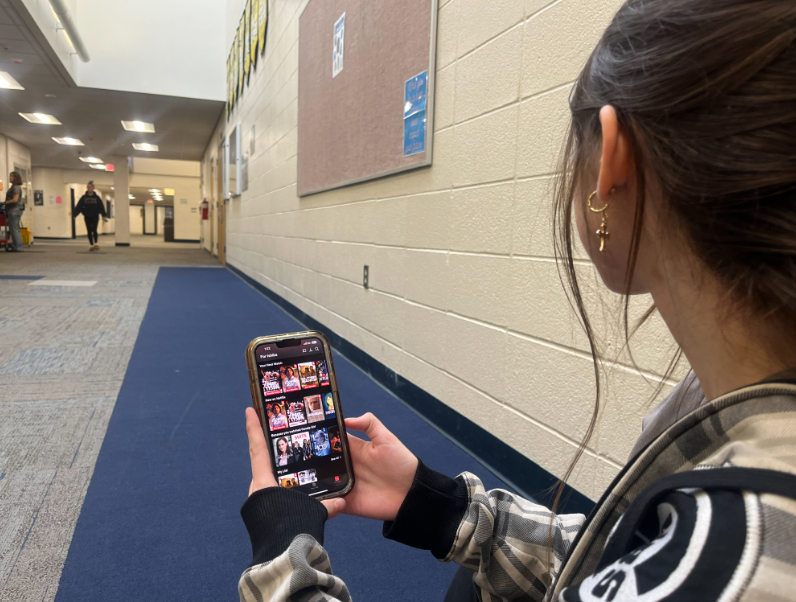For many years now, Black Friday has been considered its own holiday taking place immediately after Thanksgiving. It allows companies to supposedly express thanks and give consumers giant discounts while celebrating the core of American culture: consumerism.
Traditionally, Black Friday is an all-day affair in which consumers crowd around entrances to large department stores in hopes of obtaining great deals. Since the pandemic, in-person shopping has been on a steady decline and Black Friday has followed this trend.
Many shoppers felt Black Friday was off this year. “Black Friday shopping was not nearly as busy this year as it was in past years. Store sales were not as good as they were in previous years. For example, Hollister in the past has done 50% off sales for the majority of the store, but this year, they were only 30% off,” commented senior Lily patramanis.
Shopper data from Black Friday indicates a decrease in the amount of foot traffic in stores. Tens of thousands of stores across the United States experienced a 3.2% decrease in foot traffic during Black Friday.
The decrease in the number of in-person shoppers on Black Friday isn’t just a direct result of increased online shopping, but also a product of the shifting dynamic and importance of Black Friday itself.
In years past, Black Friday has been the biggest annual sale; however, other retail shopping events have started to directly compete with Black Friday. Large companies such as Amazon have started to introduce annual site-wide sales offering better discounts on electronics, apparel and appliances. These sales are often larger than the sales Black Friday has to offer. Many consumers have started to reserve their shopping for these sales rather than Black Friday.
“I end up buying more from Amazon Prime Day than Black Friday. Typically it is because I am too busy on Black Friday with my family to go out to shop. Even online none of the deals stand out to me enough on Black Friday to spend more money. Amazon Prime Day is exactly what I need for cheap,” shared senior Savannah Kirkpatrick.
Since the 1980s, Black Friday has been known to be the day for sales and discounts, but these shocking discounts have seemed to die off. Large corporations used to offer doorbuster sales to get consumers into the door with some sales being as extreme as 10 dollar TVs. However, these deals have become rare as businesses start to use the entire month leading up to November for flash sales.
“When I went in person I was expecting to leave with lots of clothes with a low cost but there was literally no good sales; max was 30% off. So we basically saved no money because they have sales like that almost biweekly. It wasn’t that busy either and there were no crazy lines,” stated senior Sophia Lewis.
With the expansion of technology and rise in online shopping, consumers have started to turn towards Cyber Monday for their holiday shopping rather than Black Friday. With over 12 billion dollars in online sales in 2023, Cyber Monday has made records for being the most popular shopping day, vastly surpassing Black Friday.
Black Friday has become a dying American tradition with less and less consumers interested in participating. During the 2023 shopping season, 52% of U.S consumers skipped out on Black Friday shopping altogether.
As the popularity and convenience of online shopping continues to rise, it is expected that the Black Friday tradition will continue to die out, effectively eliminating chaotic in-store shopping.










